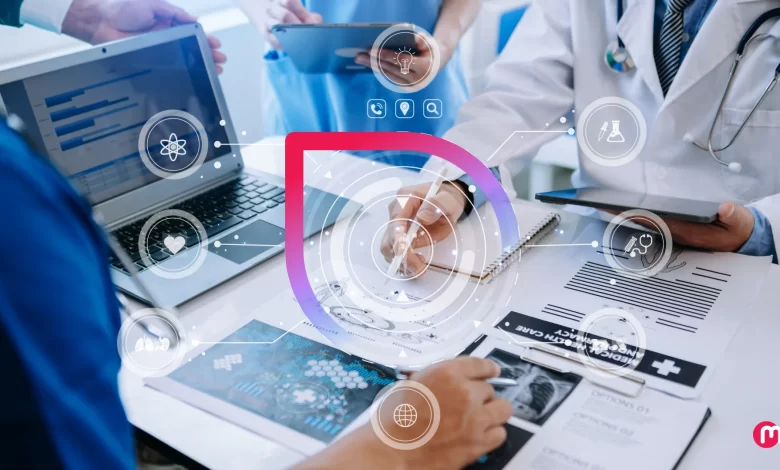How to Modernize Legacy Systems in Healthcare?

Legacy systems in the healthcare industry can have significant negative impacts on organizations. From operational inefficiencies to security vulnerabilities, the hidden costs of maintaining outdated systems can be detrimental. In fact, legacy systems can even compromise patient care and expose organizations to data breaches.
One of the most notable examples of the consequences of legacy systems in healthcare is the case of the NHS in the UK. In 2017, the NHS fell victim to the WannaCry Ransomware Attack due to its outdated legacy system with no up-to-date security patches. This cyberattack led to the cancellation of thousands of appointments, shutdown of critical systems like MRI scanners, and resulted in a recovery cost of £92 million, plus lost productivity. As a result, the NHS had to invest £150 million in adopting AI for medical imaging and analysis to improve diagnosis speed.
The urgency to modernize legacy healthcare systems is evident, especially considering the risks and costs associated with maintaining outdated systems. The healthcare sector may have been early adopters of technology, but many organizations still rely on legacy systems due to the high cost of migration, potential disruptions to patient care, and resistance to change among healthcare providers.
However, the hidden costs of legacy healthcare systems far outweigh the perceived convenience they offer. Operational inefficiencies, security vulnerabilities, compliance challenges with evolving regulations, and integration limitations with modern healthcare technologies are just a few of the issues that organizations face when operating with legacy systems.
To identify if your healthcare organization needs to modernize its legacy system, there are several key factors to consider. These include system performance, technical debt, integration capabilities, data management, user experience, compliance, and security. If any of these areas are lacking or causing issues within your organization, it may be time to consider modernizing your legacy healthcare system.
When embarking on the modernization journey, organizations should follow a strategic approach that involves organizational preparedness, finding a reliable modernization partner, auditing existing systems, identifying critical components for modernization, data mapping and migration planning, finding tech opportunities for modernization, building strategies for modernization, executing the modernization process, and measuring success for continuous improvement.
Choosing the right partner for healthcare legacy system modernization is crucial. MindInventory, with its expertise in transforming outdated systems into agile, AI-driven platforms, can help organizations navigate the complexities of modernization. By leveraging AI, cloud migration, interoperability solutions, and other emerging technologies, MindInventory can assist healthcare organizations in modernizing their legacy systems while ensuring compliance, security, and efficiency.
In conclusion, the modernization of legacy healthcare systems is essential for organizations to stay competitive, compliant, and efficient in today’s tech-driven healthcare landscape. By addressing the hidden costs, risks, and challenges associated with legacy systems, organizations can improve patient care, streamline operations, and future-proof their healthcare IT infrastructure.





